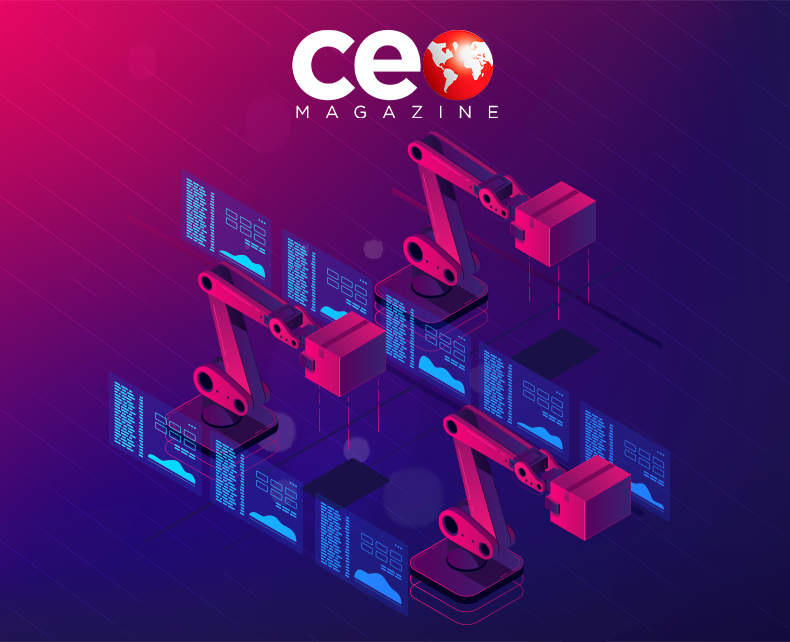All Jobs are Tech Jobs: Pearson’s Skills Map U.S. Predicts Dramatic Shifts in Employment Landscape; 1.9m New Jobs Through 2028
Pearson (FTSE: PSON.L), the world’s lifelong learning company, today launched the Skills Map of the United States, an in-depth analysis of the American job market through 2028. The report projects 1.9 million new jobs will be created through 2028, even as automation, AI and demographic shifts reshape the job market. Based on an extensive review of 85 million U.S. job ads, economic and labor market data, the Skills Map offers critical insights to help businesses, policymakers and individuals prepare for the future of work.
Dave Treat, Chief Technology Officer, Pearson stated, “The key message is that technology is transforming jobs at a faster pace than ever before. Every job, from nursing to manufacturing, is becoming more tech-focused, increasing the demand for workers who can blend technical expertise with industry-specific skills. As technology evolves, it’s opening new opportunities across all sectors, helping businesses tackle real-world challenges more effectively. Our Skills Map provides the data and insights needed to help workers and businesses understand these changes, and our lifelong learning solutions help people thrive in an ever-evolving workforce.”
The Skills Map U.S. focuses on the “Three A’s”—automation, AI and an aging population—as key drivers of change. It emphasizes that, despite causing disruption, these forces will create new opportunities for different jobs and emerging skills.
Key findings include:
- Technology expertise will be in high demand across all sectors. Roles such as Systems Software Engineers, Information Systems Managers and Computer Programmers will grow by 15.4%, adding nearly 320,000 jobs.
- The definition of tech jobs is expanding. As businesses integrate advanced technologies, all jobs are becoming “tech jobs” in one way or another.
- Human skills remain essential. Skills like communication, problem-solving and teamwork are increasingly valued, particularly in roles that involve caregiving or physical tasks that automation cannot replace.
- Upskilling and reskilling will be critical to prepare workers for the future. As industries evolve, education services will play a key role in imparting both technical and human skills to the workforce.
Vicki Greene, SVP, GED Testing Service stated, “As baby boomers retire, they are creating a seismic shift in the workforce that’s forcing CEOs and CHROs to rethink their talent strategies. Our Skills Map reveals the growing gaps in the workforce and highlights the importance of upskilling experienced professionals while providing opportunities for Gen Z to step into key roles. With an aging population, leaders must address these challenges to keep businesses competitive and ensure the next generation is prepared to fill critical positions.”
The Skills Map U.S. leverages Pearson’s advanced predictive analytics and proprietary Skills Outlook data to forecast job market changes. The inaugural report provides insights into national trends and the states of California, Florida, Michigan, New York and Texas.
Visit the Pearson Skills Map U.S. website or download the full Skills Map report to learn more.






